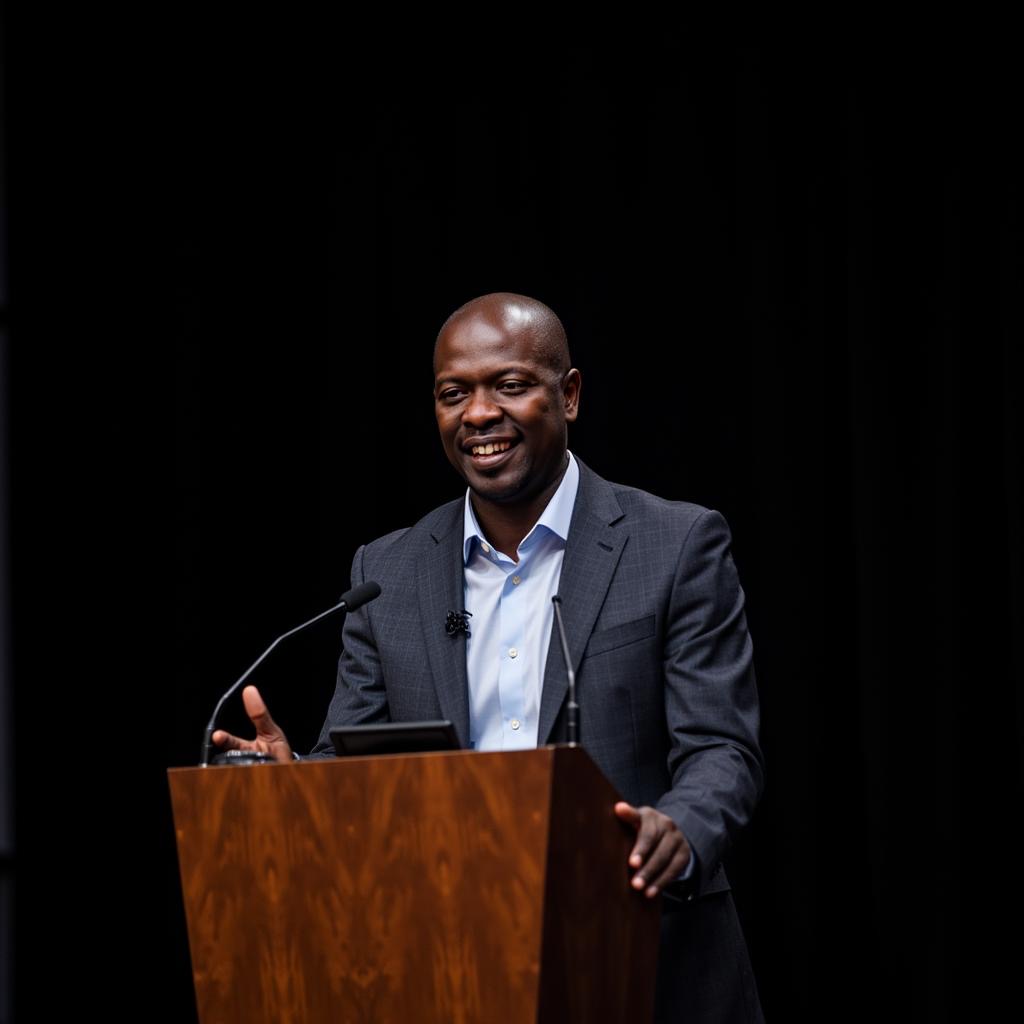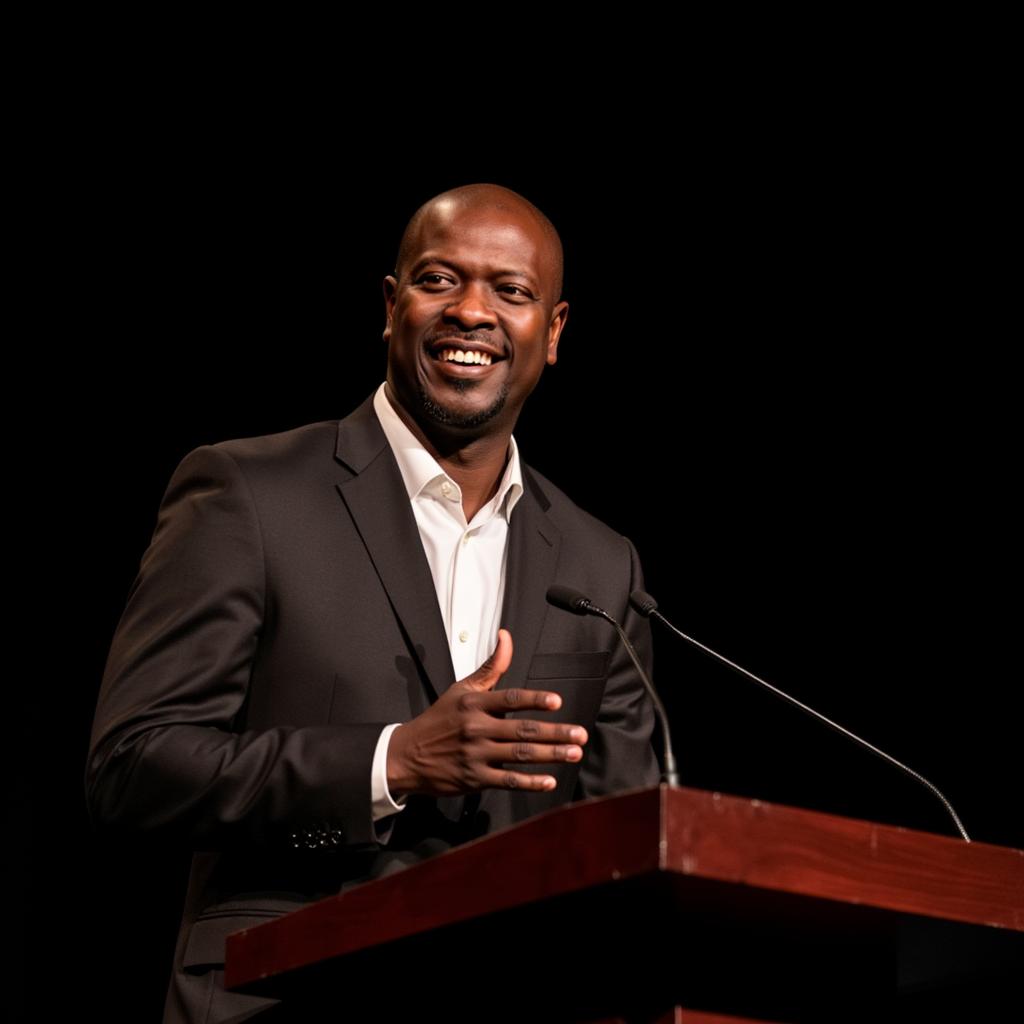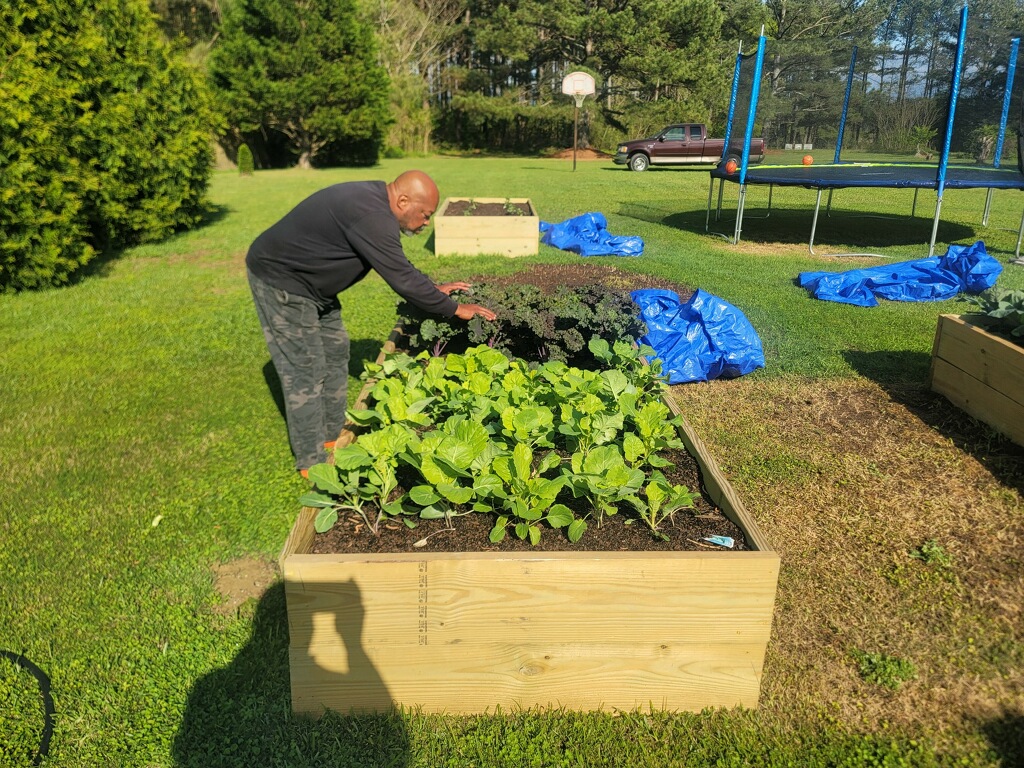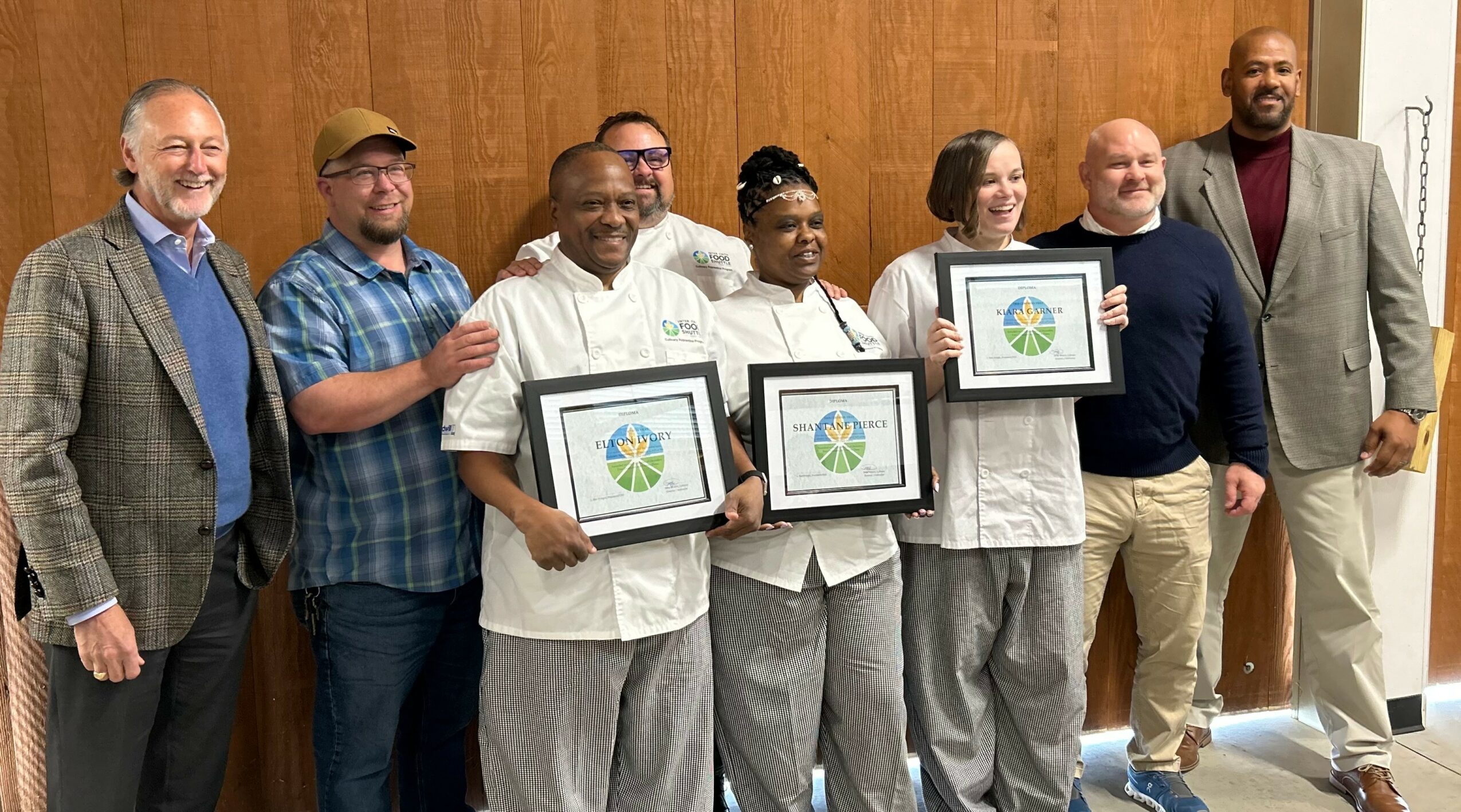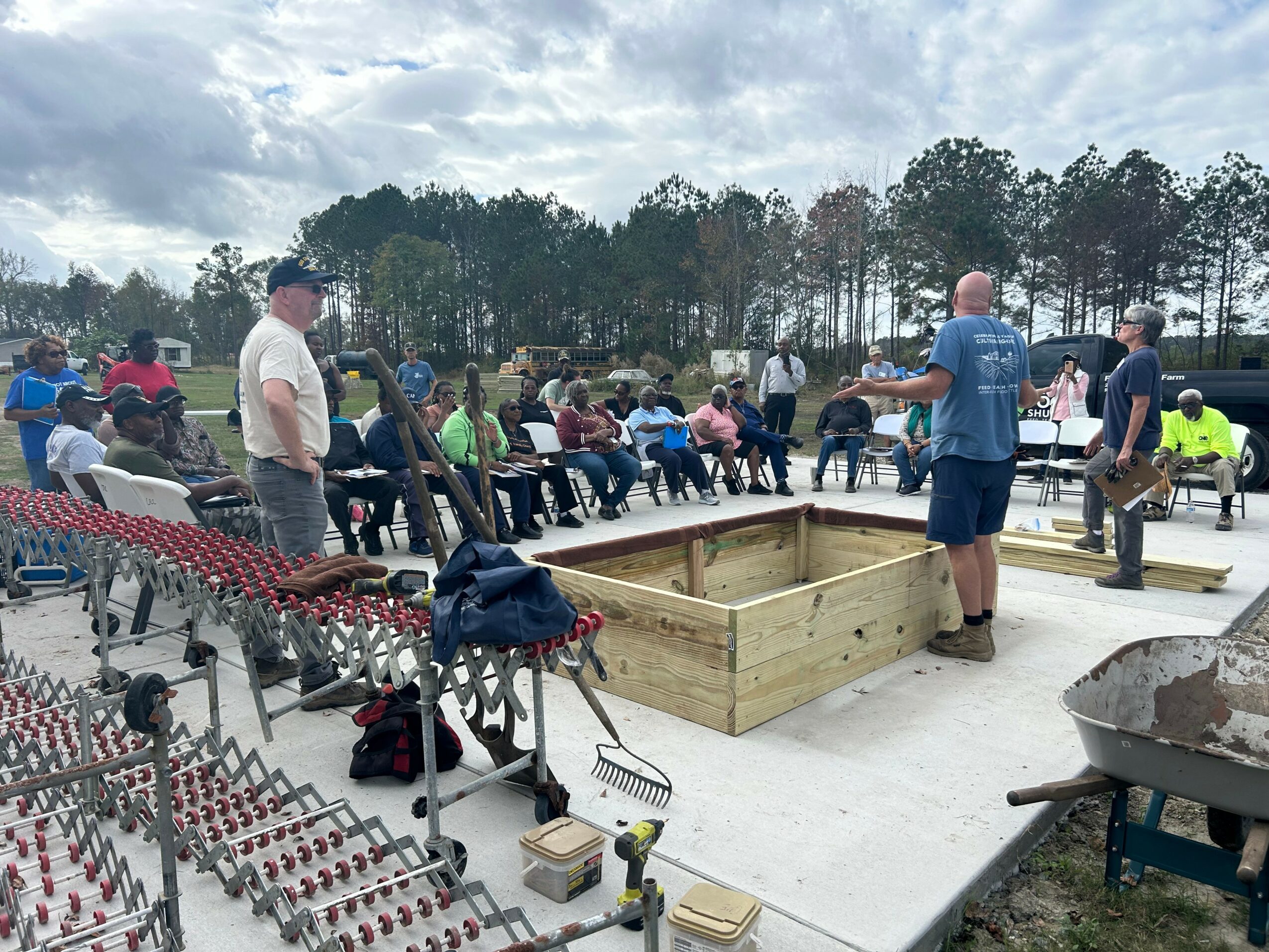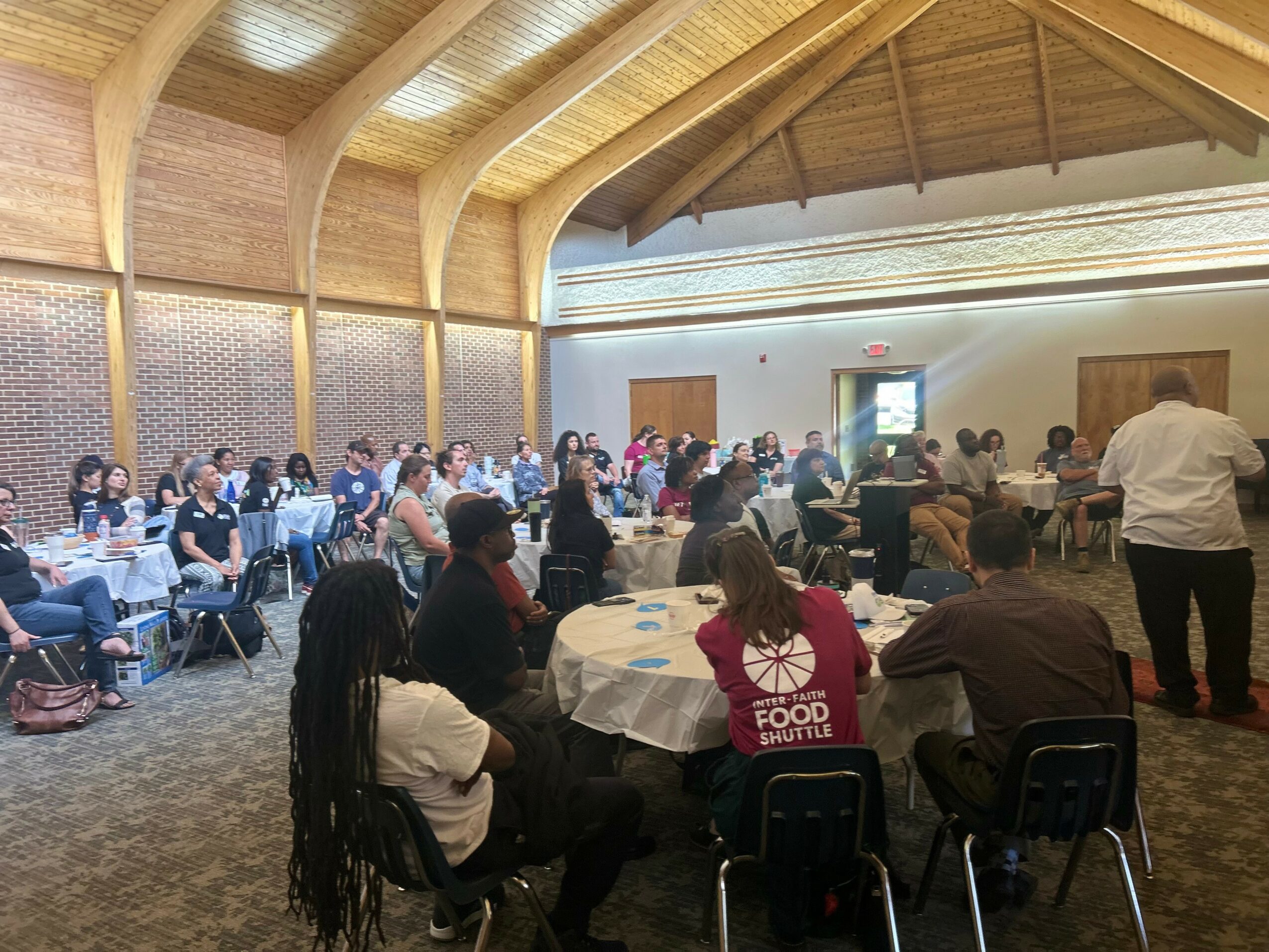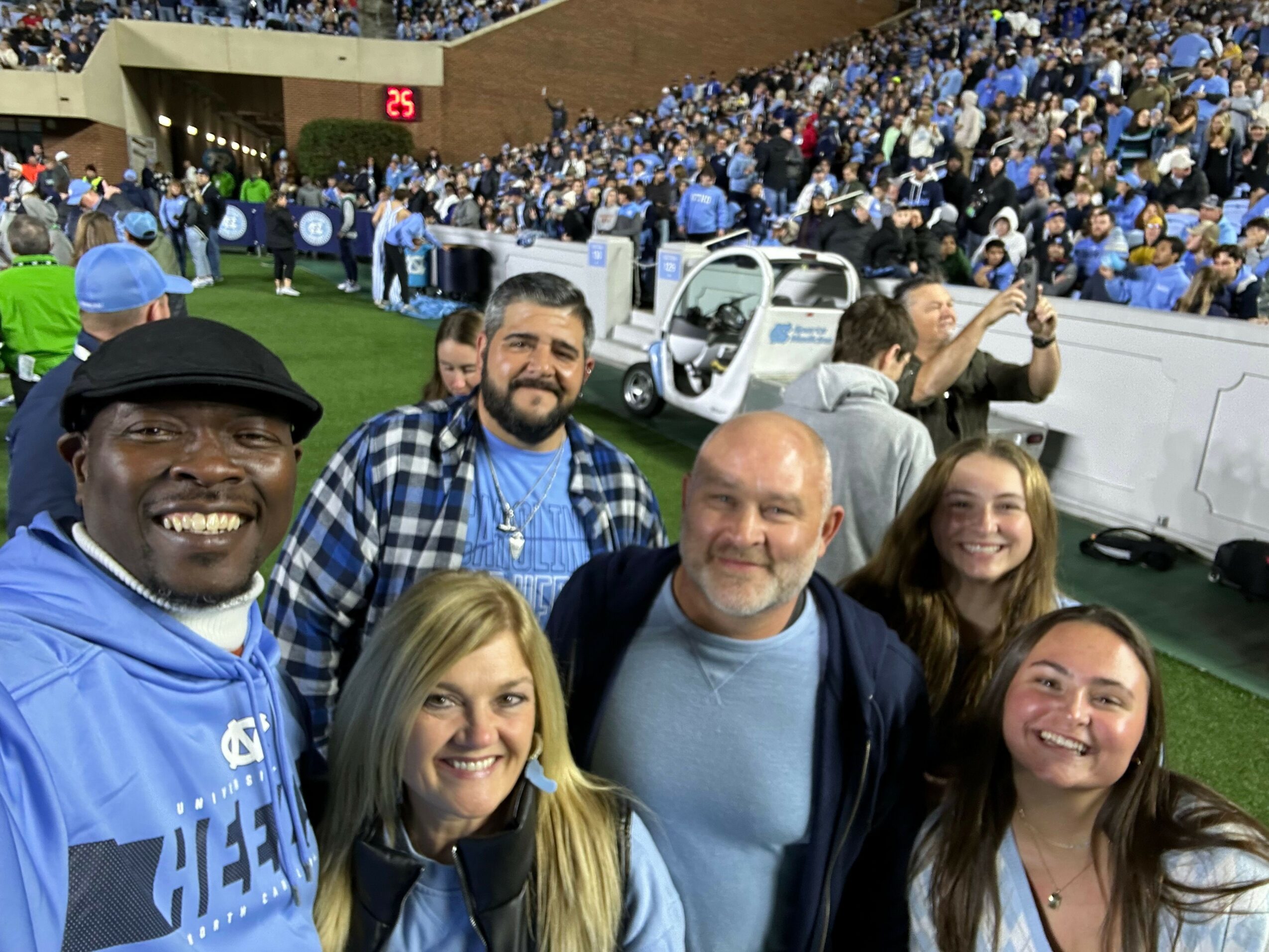

Today we’d like to introduce you to L. Ron Pringle.
Hi L. Ron, thanks for sharing your story with us. To start, maybe you can tell our readers some of your backstory.
I often say my story didn’t begin in a boardroom — it began on a dirt road in Ridgeville, South Carolina. I grew up across from my grandparents’ farm, where I learned early lessons about hard work, community, and humility. As a child, I remember accompanying my grandmother to the local food bank. I didn’t realize it at the time, but those visits planted a seed that would later shape my life’s purpose.
After serving as a Chaplain’s Assistant during Desert Storm, I came home searching for direction and meaning. I took what I thought was a temporary job at the Lowcountry Food Bank in Charleston, unloading trucks and stocking shelves. What I discovered was not just a job — it was a calling. Over the years, I advanced through nearly every role in that organization, learning how food connects people, restores dignity, and builds resilience.
Eventually, I was called to lead Second Harvest Food Bank of Southeast North Carolina, where I helped strengthen communities in the wake of two major hurricanes. Those experiences deepened my belief that food security is not just about feeding people — it’s about empowering them.
Today, as President and CEO of Inter-Faith Food Shuttle in Raleigh, I’ve built on that foundation by focusing on nutrition security — a model that goes beyond emergency food to help neighbors feed themselves and one another. Through programs that feed, teach, and grow, we’re cultivating a future where communities are stronger, healthier, and more self-sufficient.
Looking back, every chapter — from farm fields to food banks — has been about one thing: people. I’m grateful that the same values I learned as a boy across that dirt road still guide my work today.
Alright, so let’s dig a little deeper into the story – has it been an easy path overall and if not, what were the challenges you’ve had to overcome?
No, it definitely hasn’t been a smooth road — but I’ve learned that growth rarely happens on smooth terrain. My path has been shaped by adversity, both personally and professionally.
Losing my mother at twelve years old was my first real experience with grief and instability. That loss created a quiet determination in me — to make meaning out of hardship, to turn pain into purpose. Later, as a young veteran returning from Desert Storm, I carried experiences that took years to process. It wasn’t until I went through therapy for PTSD decades later that I began to truly understand the importance of emotional health and empathy — lessons that now influence how I lead and connect with others.
Professionally, leading through crises has been a recurring theme. From hurricanes that devastated eastern North Carolina to the pandemic that upended food systems nationwide, I’ve seen firsthand how fragile life can be for families on the edge. During COVID, every food bank in the country was in survival mode. Supply chains broke down, demand skyrocketed, and we had to find creative ways to keep feeding people safely. Those moments tested not only our operations but our humanity.
Yet through it all, I’ve come to understand that leadership isn’t about avoiding struggle — it’s about how you show up in it. The lessons learned on rough roads have become the foundation of my leadership: compassion, courage, and the belief that dignity should always be at the center of our work.
Thanks – so what else should our readers know about Inter-Faith Food Shuttle?
Inter-Faith Food Shuttle is a nonprofit organization based in Raleigh, North Carolina, serving seven counties across the Triangle region. We operate with a simple but powerful mission — to feed, teach, and grow — transforming the traditional food bank model into a movement for nutrition security and community empowerment.
What sets us apart is how we look at hunger. We don’t just see food as charity; we see it as a tool for change. We believe that feeding people today is only part of the work — teaching them the skills to feed themselves and grow healthy, sustainable communities is what creates lasting impact.
Every day, we rescue and redistribute millions of pounds of food, prepare nutritious meals for seniors and families through our production kitchen, and operate programs like BackPack Buddies and School Pantries to support children facing hunger. But beyond that, we invest in education and opportunity. Through our ACF-accredited Culinary Apprenticeship Program, we train and place individuals into meaningful careers in the culinary field. Through community gardens and micro-farming initiatives, we help neighbors grow their own food and build resilience from the ground up.
I’m most proud of how we’ve built an organization that reflects dignity at every level — from how we serve a meal to how we partner with local farmers, churches, and schools. Our brand isn’t just about food; it’s about hope, possibility, and partnership.
We want people to know that Inter-Faith Food Shuttle is more than a food distributor — we’re a bridge builder. We connect people, resources, and opportunities to create healthier, stronger communities where everyone has a seat at the table.
We all have a different way of looking at and defining success. How do you define success?
For me, success has never been about titles, awards, or numbers on a spreadsheet. It’s about impact — the kind that changes lives, restores dignity, and helps people believe in what’s possible again.
I define success as creating environments where people can be the very best version of themselves — whether that’s a neighbor learning to grow their first garden, a culinary apprentice starting a new career, or a staff member discovering their leadership potential. When others around me thrive, that’s success.
On a personal level, success is also about alignment — when who I am, what I value, and what I do are all in harmony. That wasn’t always the case. I spent years chasing outcomes, but over time I realized that leadership is less about control and more about connection. It’s about showing up genuinely, even in hard moments, and modeling the kind of compassion and courage you hope to inspire in others.
At Inter-Faith Food Shuttle, we measure success not just by how much food we distribute, but by how much hope we cultivate — in families, in communities, and in the systems that support them. If we can look back and say we helped shift the narrative from feeding lines to nutrition security lines, then we’ve succeeded in doing something that lasts.
Ultimately, success is about leaving people, places, and systems better than you found them — and doing it with integrity, empathy, and purpose.
Pricing:
- While there are some programs that require levels of accountability and buy in from neighbors, many of the services the Food Shuttle offer are free to neighbors with the help of community.
Contact Info:
- Website: https://foodshuttle.org
- Instagram: @foodshuttle
- Facebook: @foodshuttle
- LinkedIn: https://www.linkedin.com/in/l-ron-pringle-50075920/
